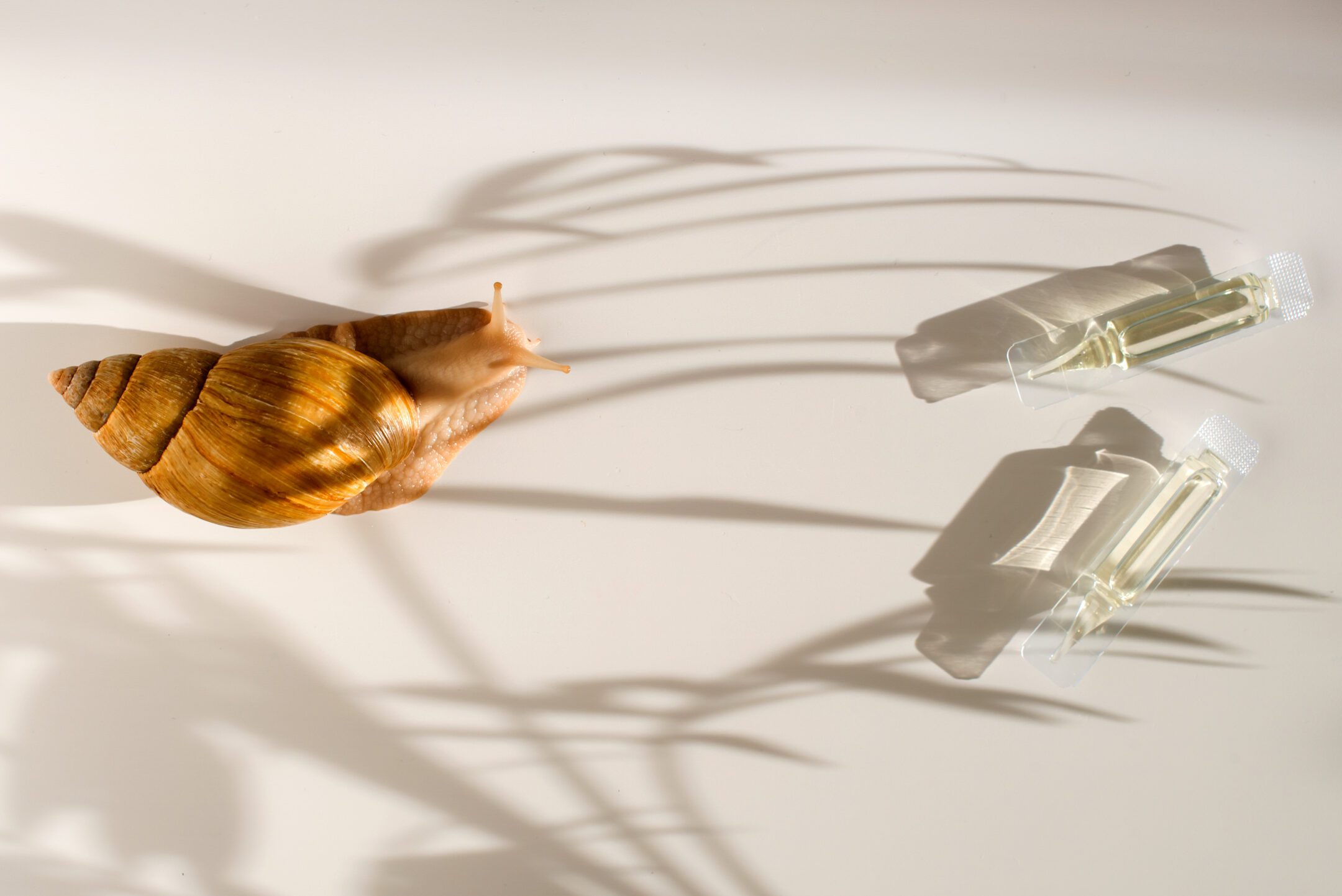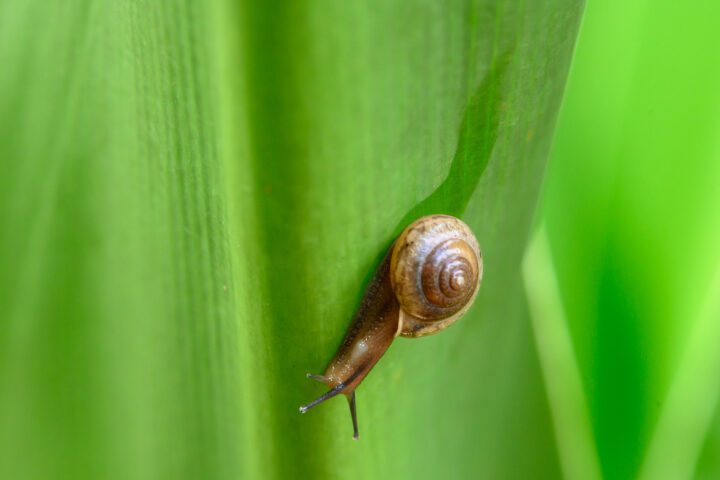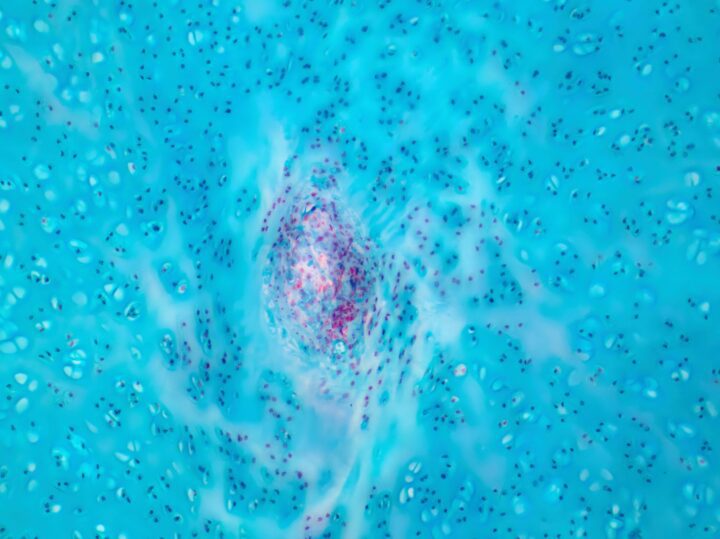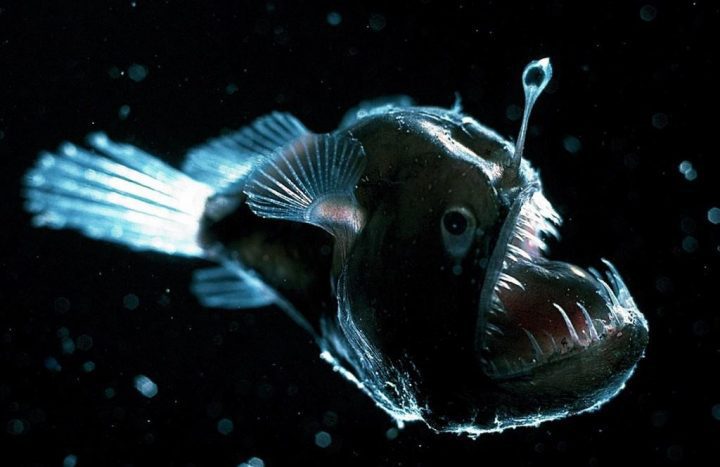Novel hydrogels from Gel Matter lubricate, adhere, and protect—functioning like natural mucus.
Benefits
- Alternative for animal harvested mucus
- Eliminates ecological impact of animal harvesting
- Eliminates contamination risks of natural mucus
Applications
- Cosmetics, skincare
- Antimicrobial and antiviral coatings
- Lubricants
- Biocompatible adhesives
- Healthcare
UN Sustainable Development Goals Addressed
-
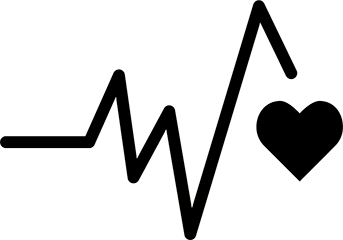
Goal 3: Good Health & Wellbeing
-

Goal 11: Sustainable Cities & Communities
-

Goal 12: Responsible Production & Consumption
The Challenge
Animals face exploitation for their mucus to be used in a wide variety of applications, including cosmetics, drug delivery agents, and biolubricants, posing significant sustainability and animal welfare concerns. Current practices involve farming animals like snails, pigs, and cows, and extracting mucus directly from them, resulting in contamination risks to consumers and inefficient, costly, and inconsistent production processes. The farming industry and current industrial harvesting of mucus also negatively impacts ecosystems, as livestock farming of larger animals exacerbates environmental degradation and climate change.
Biological Model
Animals produce mucus for diverse functions, such as tree-climbing in frogs, surface-gliding in snails, and eye lubrication in humans. At the chemical core of animal mucus is a fundamental component called ‘mucin’ that is responsible for protecting and lubricating organs in a range of species. Mucins have a unique structure of proteins and sugar molecules that help them to bind water for lubrication and create coatings to protect and hydrate body surfaces. In some cases, mucins can even change their structure, becoming either more liquid or more gel-like depending on the organism’s needs.
Innovation Details
Gel Matter offers sustainable, synthetic alternatives to natural mucus, avoiding the environmental and ethical issues of harvesting mucus from animals. The team’s lab made mucus mimics the functional properties of natural mucus, while remaining vegan, parasite-free, shelf-stable, and significantly cheaper to produce.
The team’s scalable mucus-production process relies on the science of s (long, repeating chains of molecules). The process breaks down into modular steps, allowing them to modify specific ingredients and features, such as the length and structure of polymer chains or the types of sugars and s involved. This allows them to “custom-build” mucus with different properties, such as being extra slippery, sticky, protective, or able to hold and release substances. These customizable materials can serve a range of functions in industries such as cosmetics, medicine, or engineering. Gel Matter’s novel process and technologies provide a versatile and customizable alternative to animal-derived mucus that can be integrated into existing manufacturing processes and industrial formulas.
The Human Factor
Inspired by the many functions of mucus in nature, a multidisciplinary team at City University of New York began a project where they collected over 40 types of mucus from 30 animal species to develop soft materials and hydrogels for humid conditions. Focusing on snail mucus, researchers identified chemical variations linked to adhesion, protection, and lubrication, leading to the creation of mucus prototypes that replicate these functionalities. During her PhD, Ilse Nava-Medina worked with natural-sourced proteins, such as gelatin, to create matrices for animal and human models, encountering the limitations of these materials. Motivated by these challenges and her expertise in mucus, she combined chemistry and to establish Gel Matter, pioneering innovative solutions inspired by nature.
Ray of Hope Accelerator
The Ray of Hope Accelerator supports an annual cohort of ten high-impact nature-inspired startups representing various sectors and regions addressing the world’s biggest environmental and sustainability challenges. The accelerator builds upon years of experience as the Ray of Hope Prize (2020-2023), which was created in honor of Ray C. Anderson, a business and sustainability leader and founder of Interface, Inc. Gel Matter was a participant in the 2024 Ray of Hope Accelerator.
AI on AskNature
This page was produced in part with the assistance of AI, which is allowing us to greatly expand the volume of content available on AskNature. All of the content has been reviewed for accuracy and appropriateness by human editors. To provide feedback or to get involved with the project, contact us.
